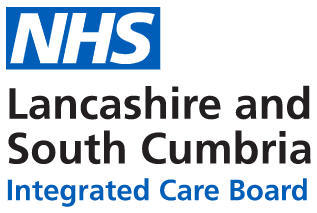Significant impact on health services continues as hospitals in Lancashire and South Cumbria get ready for the consultant strikes.
Unions announced that consultant doctors will be taking strike action for 48 hours from 7am on Thursday 20 July until 7am on Saturday 22 July. During the two days of action, consultants will provide ‘Christmas Day cover’, meaning they will continue to provide all emergency services, but routine services will be impacted.
The consultant strikes are different to previous rounds of industrial action involving other staff groups. No other worker can provide cover for consultants, and other staff groups are dependent upon supervision from consultants to be able to work. Almost no activity in a hospital can occur unless it is listed under and supervised by a named consultant.
The NHS and the British Medical Association (BMA) are working closely together to ensure patient safety is prioritised during this action and have committed to ensure that emergency services remain in place with staffing levels in line with that in place on Christmas Day.
Craig Harris, chief of strategy, commissioning and integration at NHS Lancashire and South Cumbria Integrated Care Board (ICB), which organises health services for the region, said:
“This has been an extremely challenging time for the NHS with the consultant strikes closely following the junior doctor strike.
Industrial action is having a significant impact on services so it’s important that the public are aware of the pressures and the best way to access care during this time.
We do have tried and tested plans in place to mitigate the risks to patient safety but these unprecedented strikes will lead to service disruption, meaning patients could see longer waiting times and deferred treatment.
Please use services widely and take simple steps to help ensure care is available to those who need it most. This includes using NHS 111 online as the first port of call for health needs and continuing to only use 999 if it is a life-threatening emergency.”
The BMA signalled an early intention to strike more than six weeks ahead of the strike dates so trusts can plan their patients lists. This means that those patients with urgent, time-sensitive conditions (e.g. cancer patients) can be managed on alternative days and not have their treatment pathways disrupted.
In the event of a major incident involving mass casualties, there is an agreed process between the BMA and NHS England to ensure doctors return to work
Local NHS services will be using their websites and social media channels to provide up-to-date information to the public about local service disruption – so please check before you travel.
NHS 111 Online can tell you:
• Where to get help for your symptoms.
• How to find general health information and advice.
• Where to get an emergency supply of your prescribed medicine.
• How to get a repeat prescription.
• How to get an emergency dental appointment.
More information about when to call 999 and when to go to A&E is available via the national NHS website.

